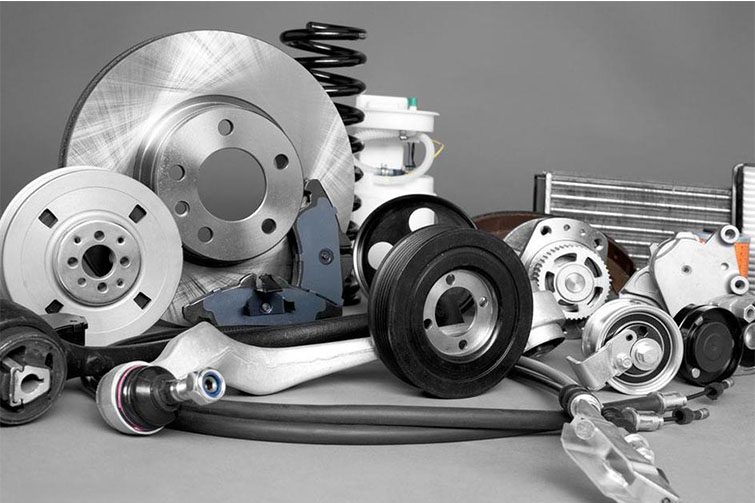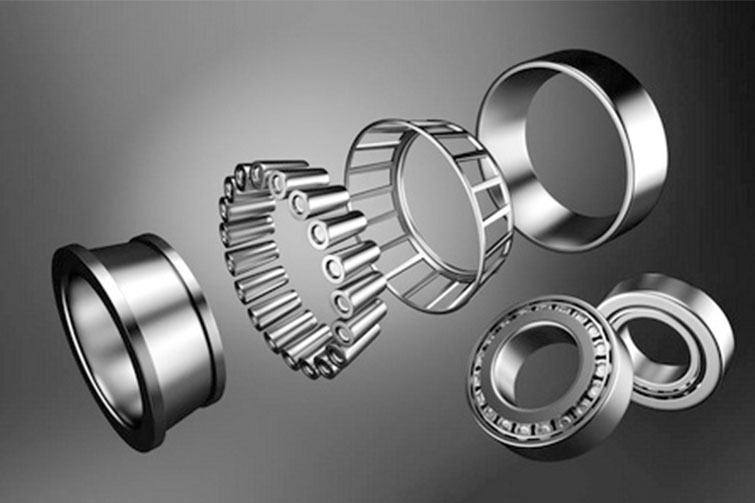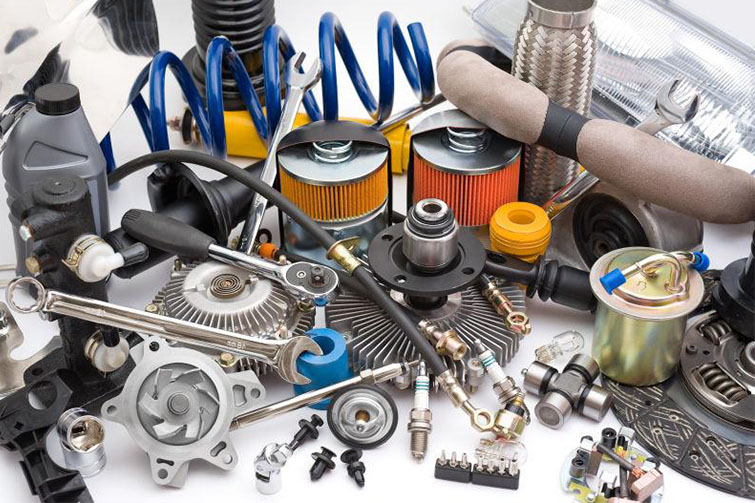Common Car Parts Prone to Failure
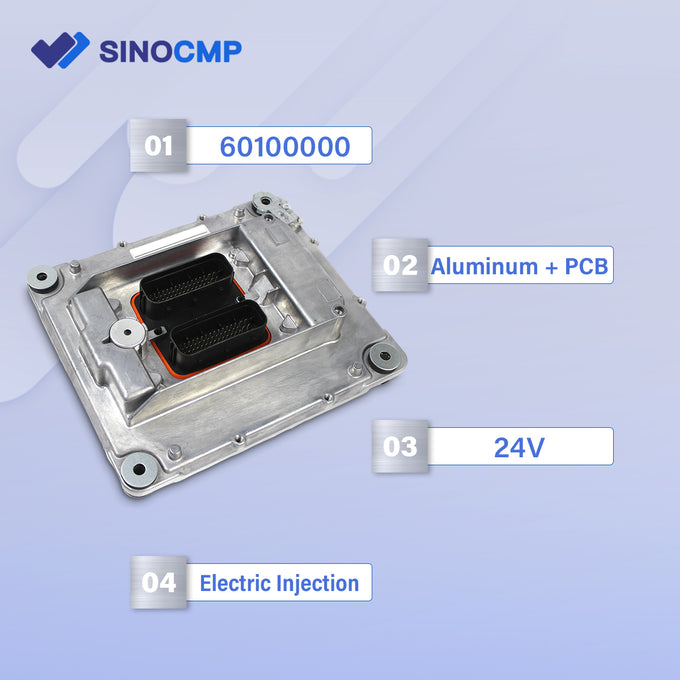
When it comes to automobiles, wear and tear are inevitable. While modern vehicles are engineered for durability and reliability, certain components are more prone to failure over time. Understanding these vulnerable parts can help car owners anticipate maintenance needs and avoid unexpected breakdowns. Here are some of the most common car parts that are susceptible to failure:
1.Battery: Car batteries typically last between 3 to 5 years, but factors such as extreme weather conditions and frequent short trips can shorten their lifespan. Signs of a failing battery include difficulty starting the engine and dimming headlights.
2.Brake Pads and Rotors: Brake pads and rotors undergo significant friction during braking, leading to wear and eventual deterioration. Squealing or grinding noises when braking indicate that it's time to replace these components to ensure safe stopping distances.
3.Tires: Tires endure constant contact with the road surface, making them susceptible to wear and punctures. Over time, tread wear reduces traction, increasing the risk of accidents, especially in wet or slippery conditions. Regular tire inspections and replacements are crucial for road safety.
4.Engine Belts: Serpentine belts and timing belts are critical for engine operation, driving accessories like the alternator, water pump, and air conditioning compressor. Cracks, fraying, or squealing noises indicate belt wear, and timely replacement prevents sudden engine failure.
5.Spark Plugs: Spark plugs play a crucial role in igniting the air-fuel mixture in the engine cylinders. Over time, deposits accumulate on the electrodes, leading to misfires, rough idling, and decreased fuel efficiency. Routine inspection and replacement ensure optimal engine performance.
6.Coolant Hoses and Radiator: The cooling system is vital for preventing engine overheating. However, coolant hoses and radiators are susceptible to leaks and corrosion, leading to coolant loss and engine damage. Regular inspection and maintenance of these components are essential for engine longevity.
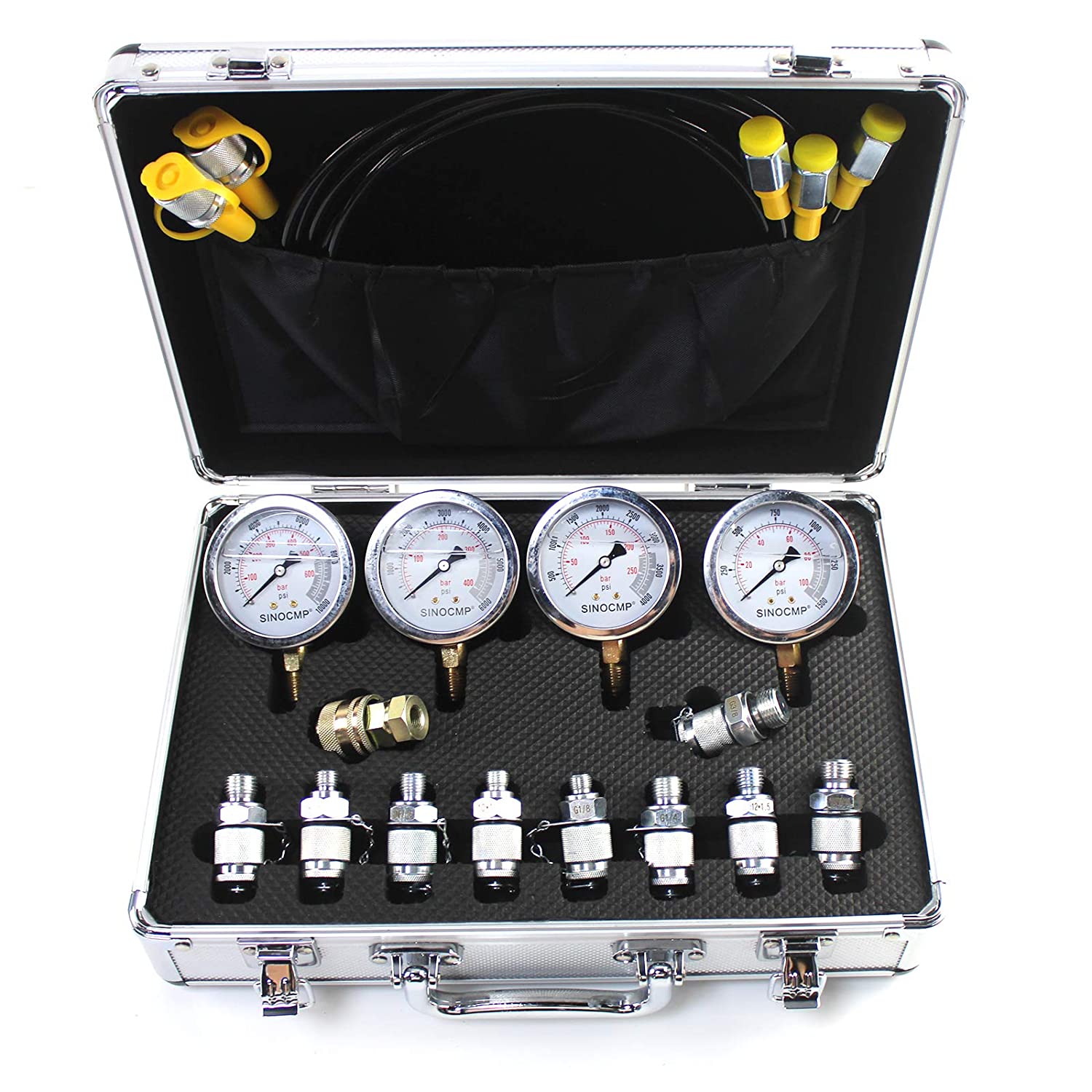
7.Fuel Pump: The fuel pump delivers fuel from the tank to the engine for combustion. Continuous operation and exposure to heat can cause wear or electrical failures, resulting in engine stalling or hesitation. Regular fuel system maintenance helps prevent fuel pump issues.
8.Suspension Components: Shocks, struts, and control arms bear the vehicle's weight and absorb road shocks, contributing to a smooth ride. However, exposure to rough roads and harsh driving conditions can cause these components to wear out, leading to poor handling and tire wear.
9.Oxygen Sensors: Oxygen sensors monitor exhaust gases to optimize fuel-air mixture and reduce emissions. Over time, contaminants or sensor deterioration can affect engine performance and fuel efficiency. Regular sensor inspections help maintain proper engine function.
10.Ignition Coils: Ignition coils generate high-voltage electrical pulses to ignite the air-fuel mixture in each cylinder. Exposure to heat and vibration can cause coil failure, resulting in engine misfires and reduced performance. Timely replacement ensures consistent ignition.
In conclusion, while modern cars are engineered for reliability, certain components are more prone to wear and failure due to their function and exposure to various factors. Regular inspection, maintenance, and timely replacement of these parts are essential to ensure vehicle safety, reliability, and longevity. By staying proactive, car owners can minimize unexpected breakdowns and costly repairs, enhancing their driving experience.

